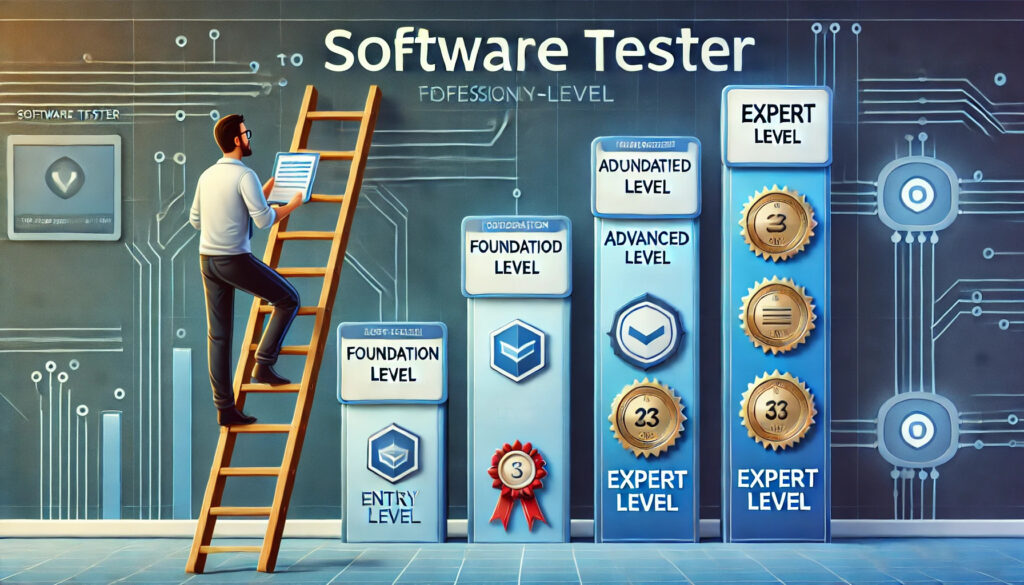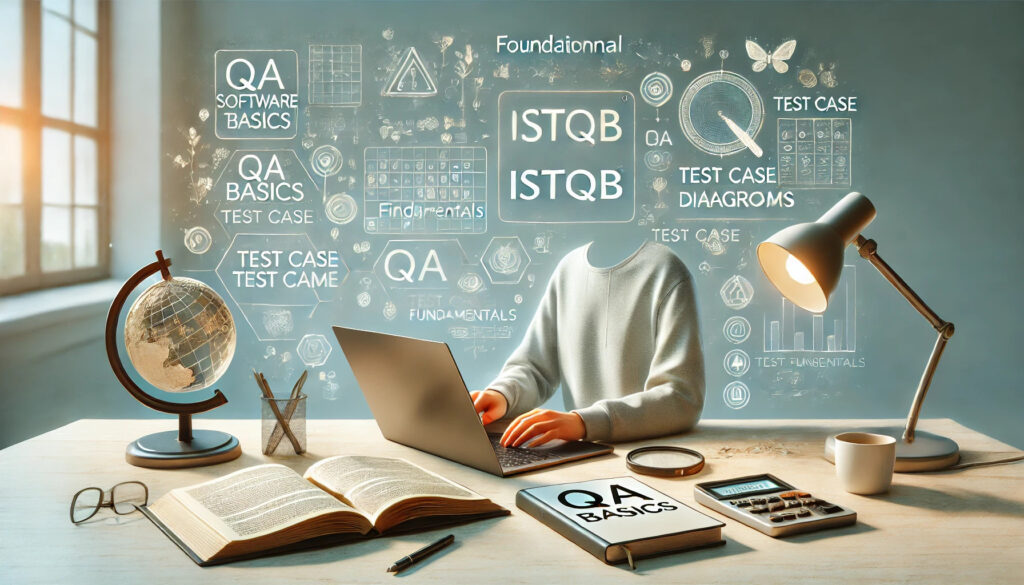
How to Choose ISTQB Certification as Per Your Role: A Comprehensive Guide
The ISTQB (International Software Testing Qualifications Board) certification is a globally recognized credential for software testing professionals. With various certification levels tailored to specific roles and expertise, choosing the right one can elevate your career in software testing. This guide will help you navigate the different ISTQB certifications based on your role, career stage, and aspirations.
What is ISTQB Certification?

ISTQB certifications validate your knowledge and skills in software testing. They cater to beginners, experienced testers, and specialized roles. The certification structure consists of three levels:
1) Foundation Level
2) Advanced Level
3) Expert Level
Each level has multiple modules that cater to specific expertise areas.
Why Choose ISTQB Certification?

- Global Recognition: Recognized by industries worldwide, boosting your employability.
- Skill Validation: Demonstrates proficiency in software testing methodologies and tools.
- Career Advancement: Opens doors to better roles and higher pay scales.
- Flexibility: Tailored modules allow you to specialize based on your role and goals.
ISTQB Certification Levels and Their Relevance to Roles
1) Foundation Level

Best for: Entry-level Testers, QA Engineers, and Freshers.
The Foundation Level certification is ideal for individuals starting in software testing. It covers the basics of testing principles, lifecycle, and tools.
Key Features:
Introduction to software development and testing.
Fundamental testing techniques like Black Box Testing, White Box Testing, etc.
Basics of Agile and Waterfall methodologies.
Who Should Opt For This?
Fresh graduates.
Professionals transitioning into testing.
Developers wanting to enhance their testing knowledge.
2) Advanced Level

Best for: Experienced Testers, QA Leads, and Test Analysts.
The Advanced Level builds on the Foundation Level, delving into management and analytical aspects.
Modules Available:
Test Analyst (TA): Focuses on designing test cases and executing them effectively.
Technical Test Analyst (TTA): Covers automation and performance testing.
Test Manager (TM): Equips professionals for managerial roles.
Who Should Opt For This?
Testers aspiring to move into leadership roles.
Professionals specializing in automation or performance testing.
QA Managers wanting a structured testing approach.
3) Expert Level

Best for: Test Architects, Senior Test Consultants, and Industry Experts.
The Expert Level certification is designed for seasoned professionals aiming for mastery in software testing.
Modules Available:
Test Process Improvement.
Test Management.
Test Automation Engineering.
Who Should Opt For This?
Individuals leading large testing teams.
Test architects responsible for defining testing strategies.
Consultants offering expert advice on testing methodologies.
Choosing the Right ISTQB Certification Based on Your Role

1) QA Engineers and Software Testers
Start with Foundation Level.
Progress to Advanced Level Test Analyst (TA) for better analytical skills.
2) Automation Engineers
Begin with Foundation Level for the basics.
Move to Advanced Level Technical Test Analyst (TTA) to gain expertise in automation.
3) Test Managers
Opt for Advanced Level Test Manager (TM).
Pursue Expert Level Test Management for strategic planning.
4) Consultants and Architects
Target Expert Level modules.
Focus on areas like test process improvement for large-scale impact.
5) Agile Testers
Choose Foundation Level – Agile Tester Extension.
Progress to Advanced Level Agile Test Leadership at Scale (ATL).
Benefits of ISTQB Certification for Different Roles

1) For Testers and QA Engineers
Enhances foundational knowledge.
Provides exposure to industry best practices.
2) For Test Managers
Equips you with team management and resource allocation skills.
Helps in aligning testing processes with business goals.
3) For Automation Engineers
Validates automation skills.
Provides insights into advanced testing tools.
4) For Senior Professionals
Strengthens leadership qualities.
Establishes you as an expert in the field.
Preparing for ISTQB Exams

- Understand the Syllabus: Each module has its specific syllabus available on the ISTQB website.
- Enroll in Training Programs: Training by ISTQB-accredited trainers, like Test Genius Hub, ensures better preparation.
- Practice Mock Tests: Mock exams provide familiarity with the format and improve confidence.
- Utilize Online Resources: Blogs, forums, and study materials can supplement your learning.
Final Thoughts
Choosing the right ISTQB certification is a strategic decision that depends on your current role, career goals, and interests. Whether you’re starting your journey in software testing or advancing to leadership roles, ISTQB certifications provide a structured path to success.




